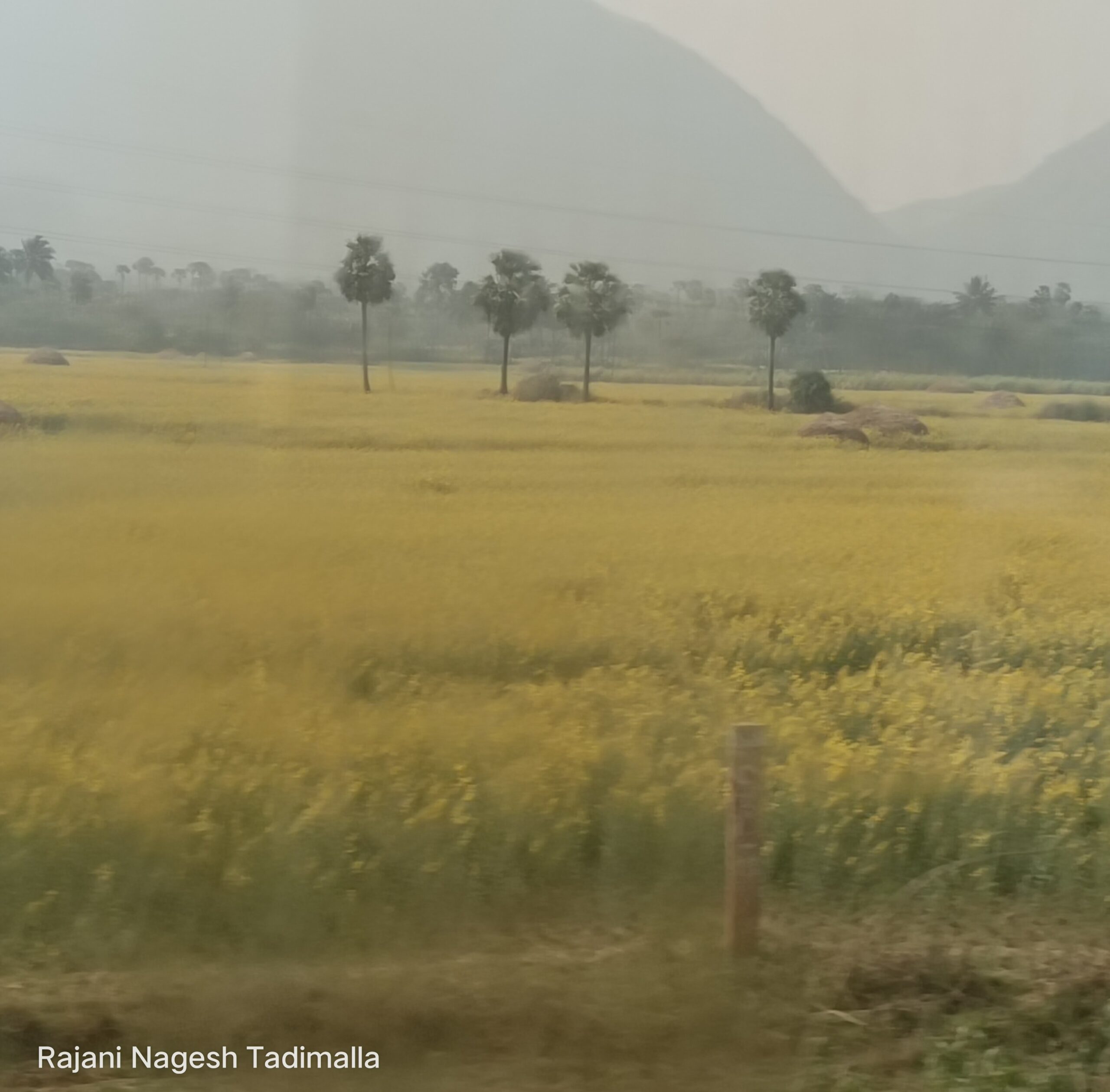Welcome to the Nonfiction Junction!
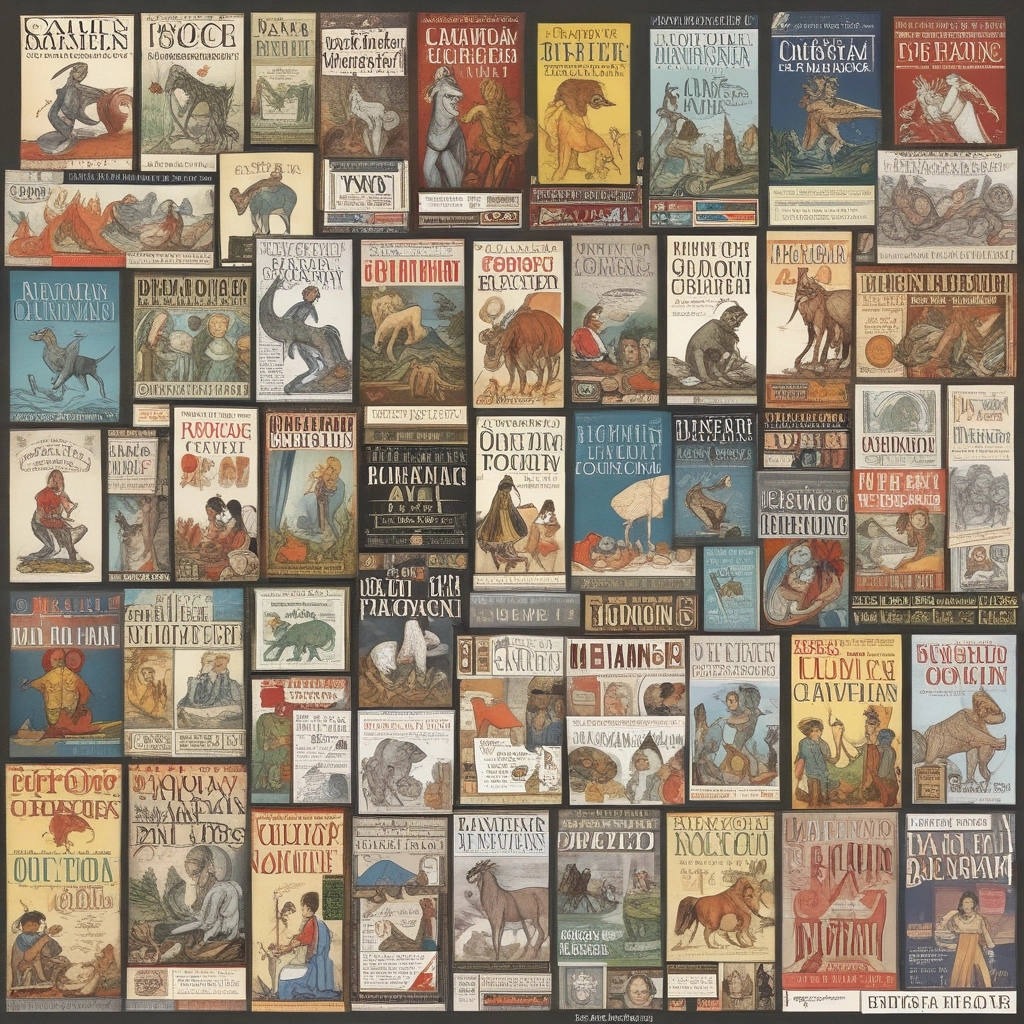
Nonfiction usually includes topics such as health, sciences, humanities, social sciences, nature, environment, biodiversity, essays, educational, academic, research, literary nonfiction, children’s nonfiction, motivational, inspirational, devotional, spiritual, travelogues, contemporary topics, law, national, international relations, memoirs, general reading, and general knowledge. The aforementioned is indicative and not exhaustive. In general, unless mentioned otherwise, all books will be in e-format. Limited print editions may be considered on select topics on a case-by-case basis. The launch of some books can be in offline mode as well (as suitable), irrespective of the genre/format.
Please read the disclaimer.
Celebrate sciences and humanities with me.
‘The goal is same as the motto: World can be a much better place to live in. The medium: Various disciplines and their applications.’ Many Disciplines: Prosperous nation, health and welfare of humanity, protection of biodiversity, and solutions for a better world’
విజ్ఞానశాస్త్రములు विज्ञान Sciences
Sciences comprise natural sciences, namely life sciences and physical sciences, formal sciences, applied sciences, and social sciences. This section will include some interdisciplinary and multidisciplinary topics.
ప్రకృతి శాస్త్రములు प्राकृतिक विज्ञान Natural Sciences
జీవ శాస్త్రములు जीवन विज्ञान Life Sciences
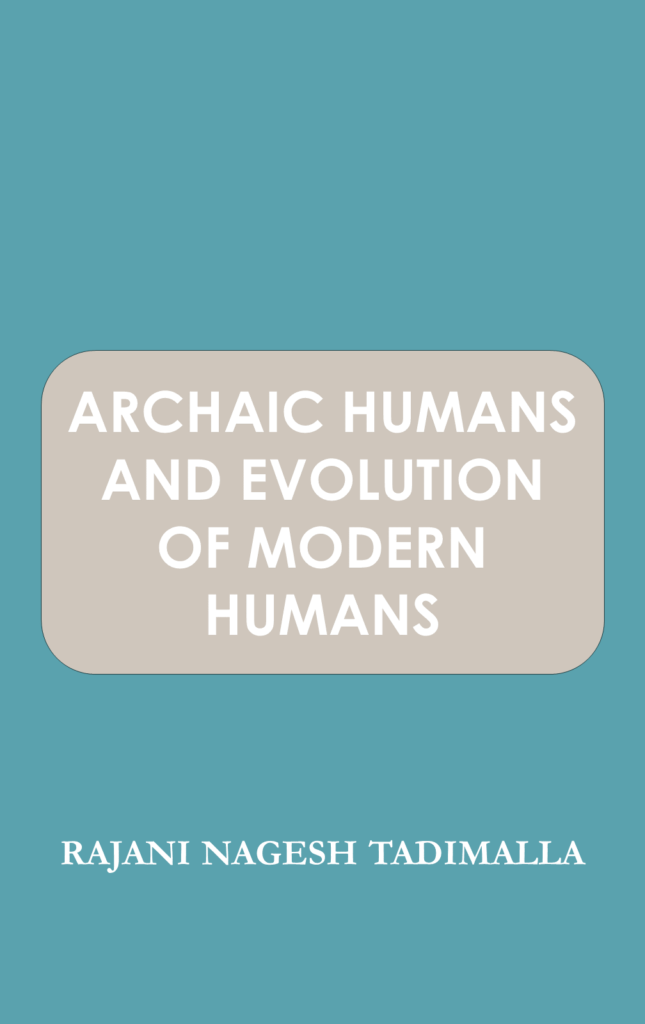
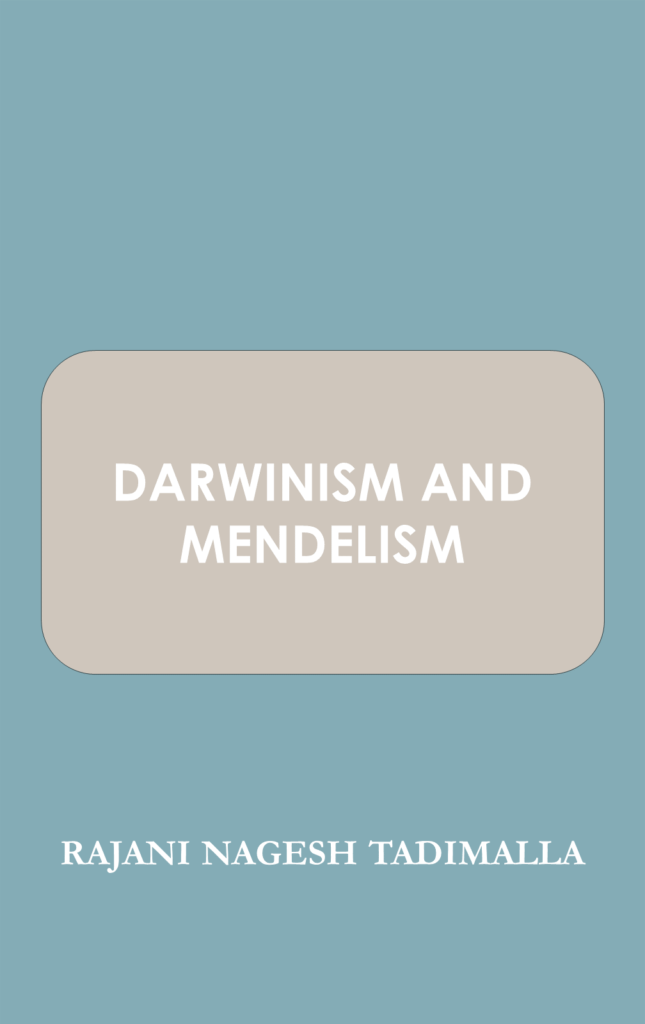
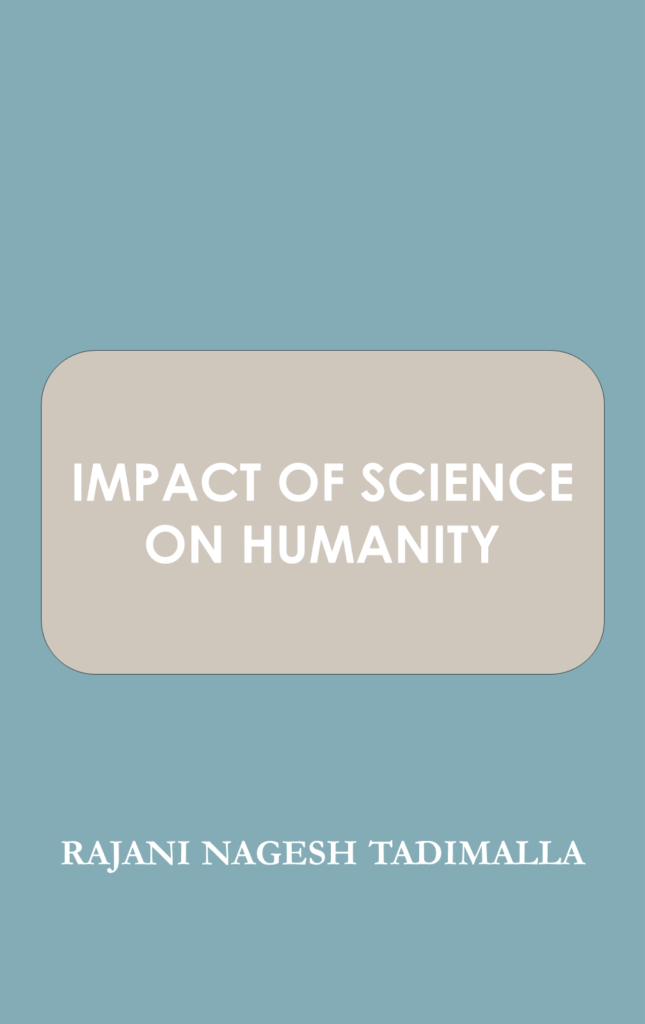


భౌతిక శాస్త్రములు भौतिक विज्ञान Physical Sciences
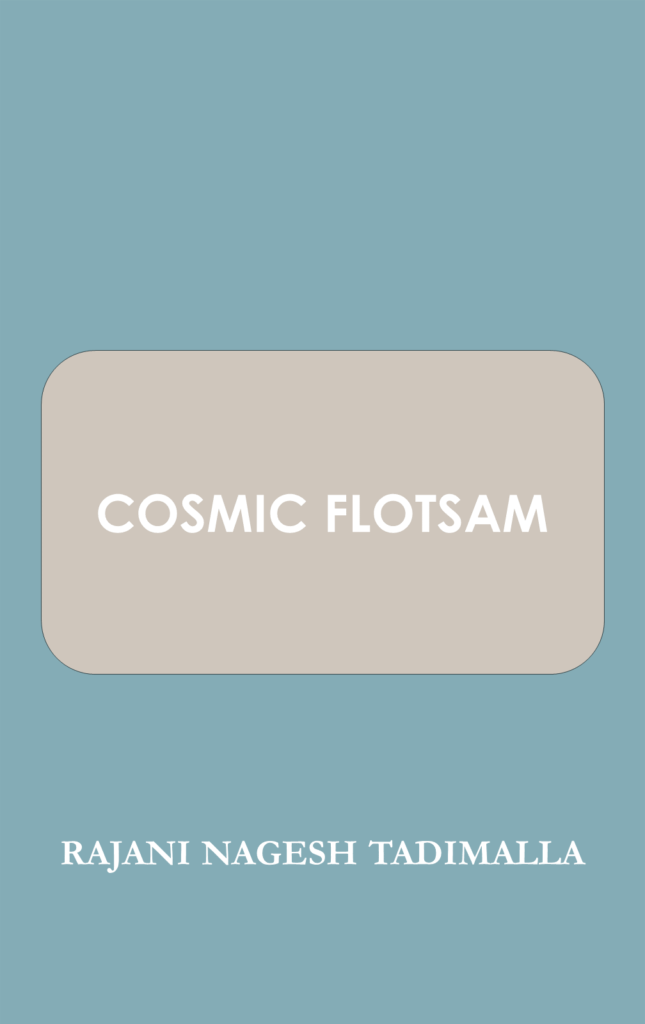
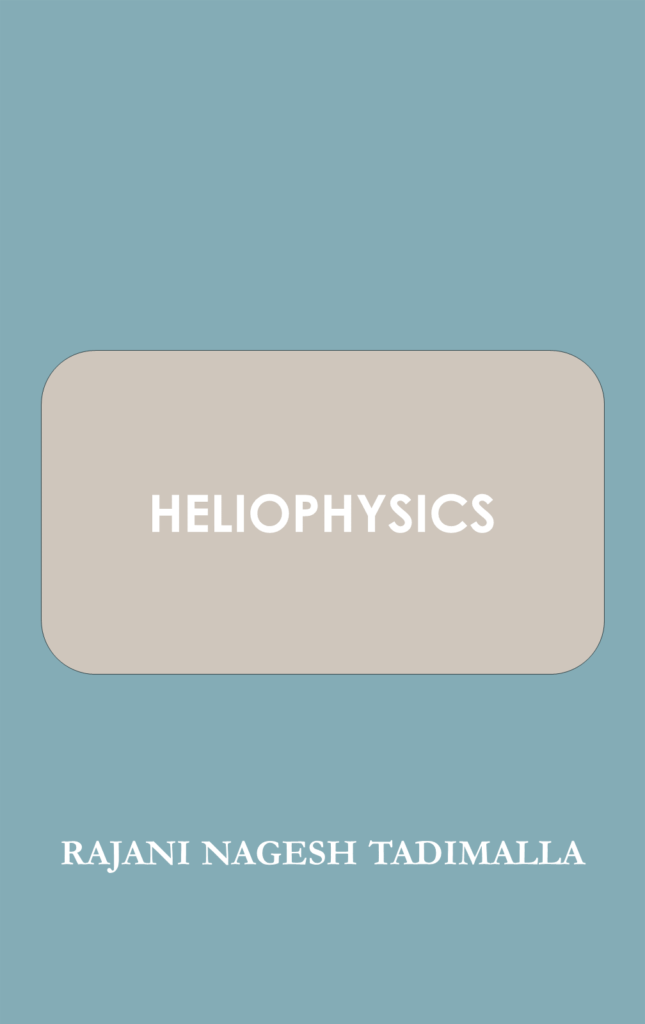



Formal Sciences


అనువర్తిత శాస్త్రములు अनुप्रयुक्त विज्ञान Applied Sciences

విజ్ఞానం మరియు పర్యావరణం विज्ञान और पर्यावरण Science and Environment
Science and Environment comprises environmental science, climate, biodiversity, and interdisciplinary fields. ‘Today, tomorrow, thereafter’ will cover both biotic and abiotic factors. The book consists of various sections and hence the title ecological balance and sustainable development is now part of this title. More in the ToC.


ఆరోగ్యం మరియు శ్రేయస్సు सेहत और भलाई Health and Wellness


సాంఘిక శాస్త్రములు सामाजिक विज्ञान Social Sciences
Social sciences include anthropology, development studies, economics, geography, law, political science, regional and international studies, and sociology. This section will include some interdisciplinary and multidisciplinary topics.
మానవశాస్త్రం मानव विज्ञान Anthropology
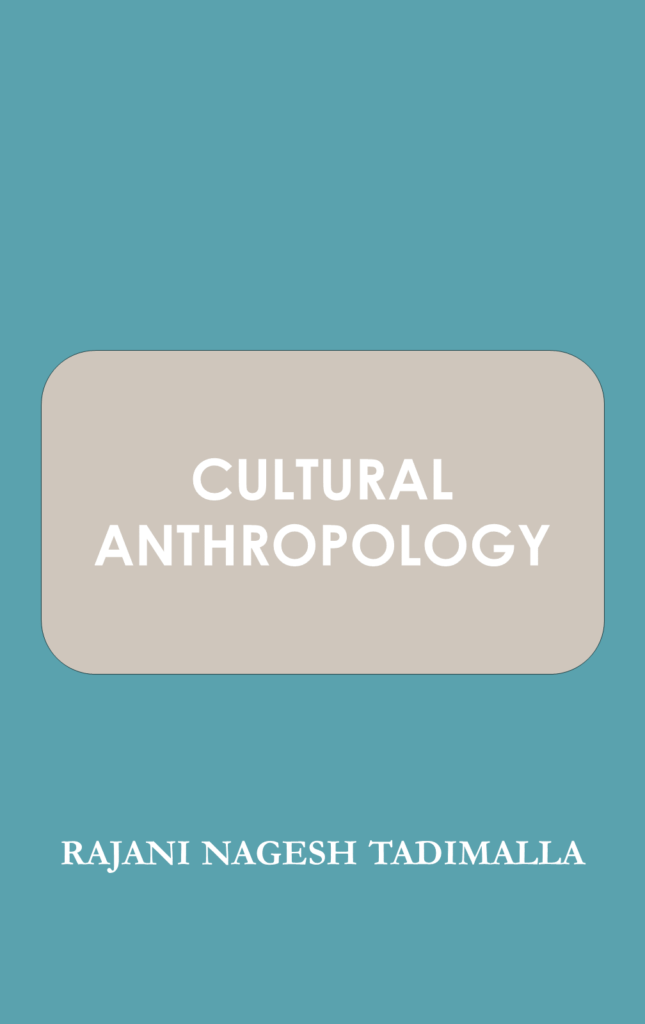
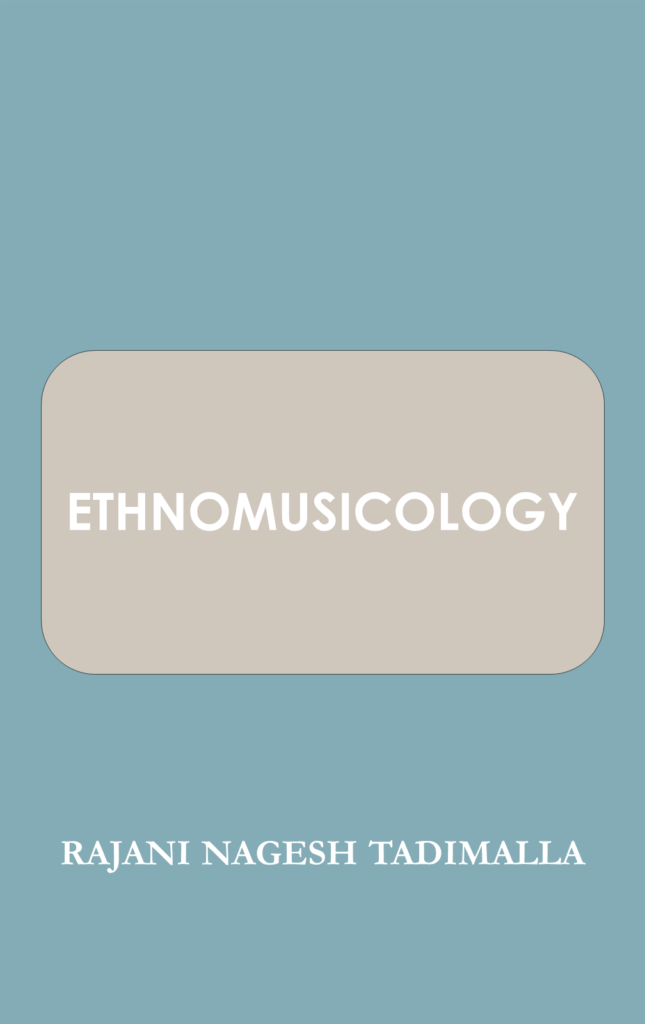
అర్థశాస్త్రం अर्थशास्त्र Economics
My view: ‘Over the ages, several economists have contributed to the field. Like any other field, economists do differ in their views and this is more apparent because economics plays an important role in the well-being of the humanity, governance, growth of nations, and future of our interconnected world. However, this contributes to the growth of the field and results in new theories and branches. Hence, economics continues to evolve.’ What can I contribute to this important field? The answer is amongst those listed.
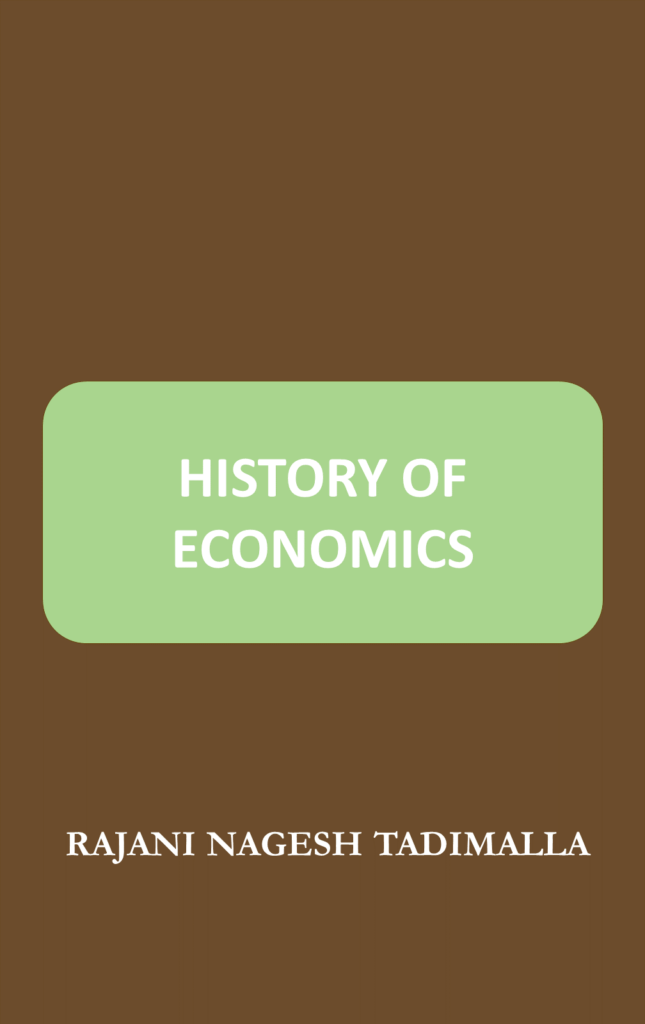
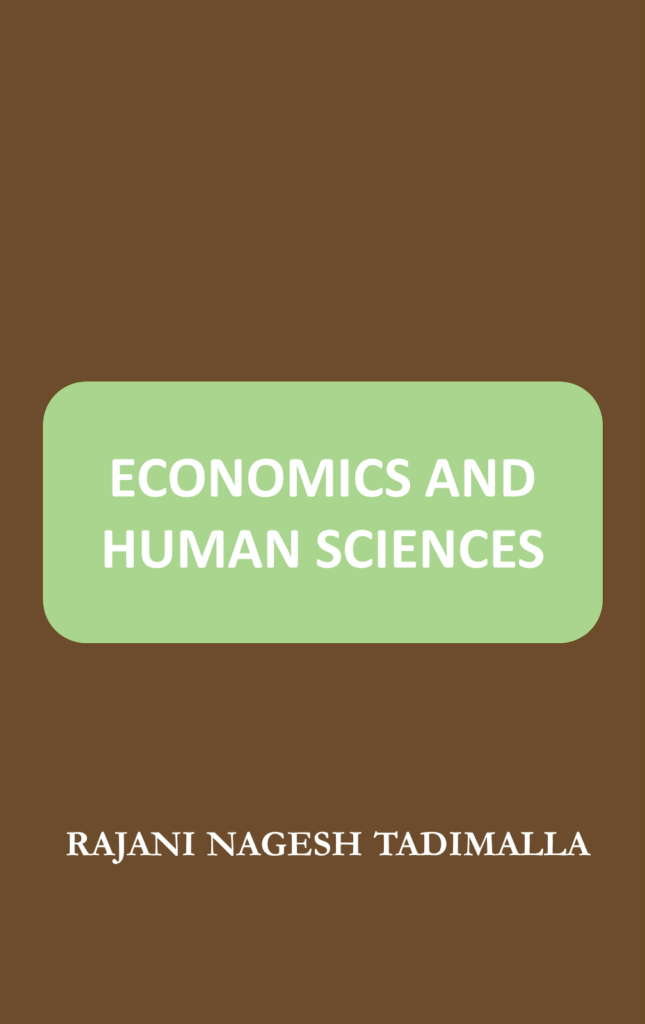
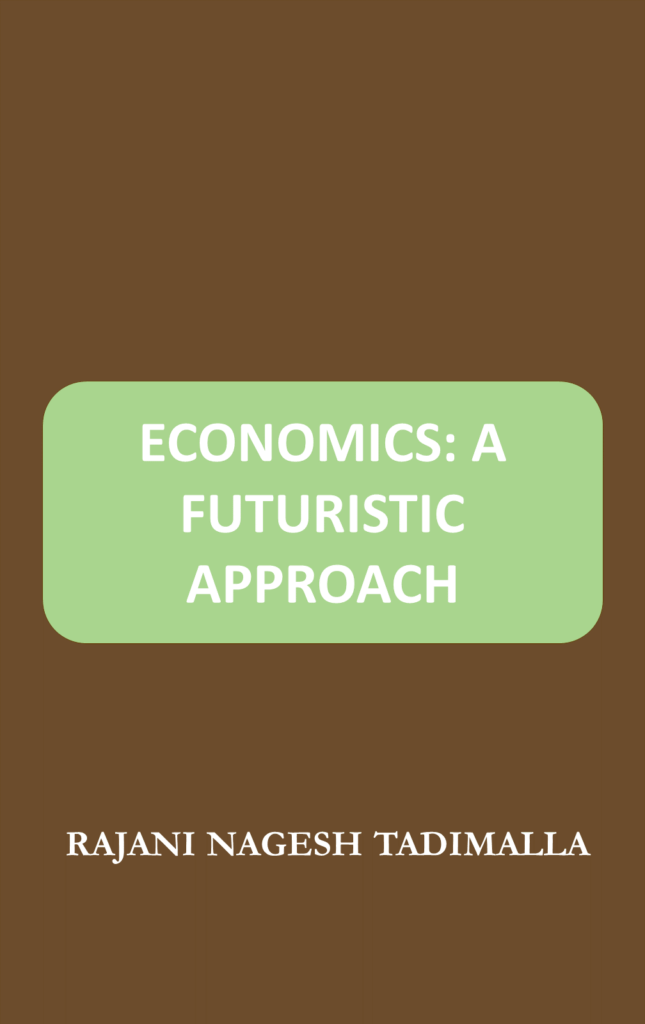




భూగోళ శాస్త్రం भूगोल Geography
Geography comprises physical geography and its sub-branches, human geography and its sub-branches, environmental geography, and integrated geography. This section will further include related interdisciplinary fields.
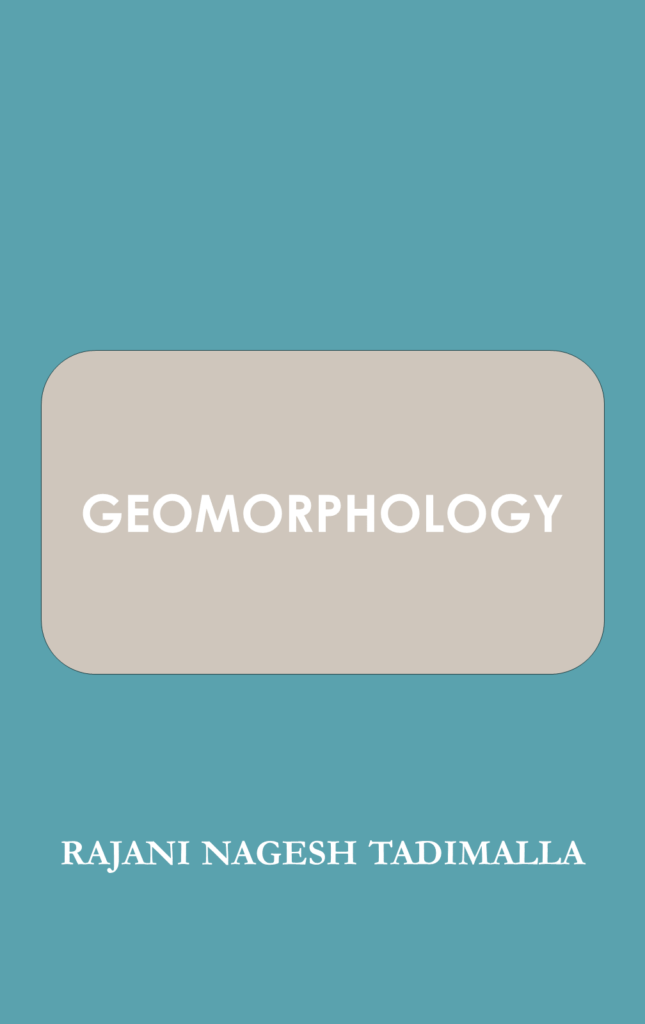
భారతదేశం भारत India
As of now, there are 28 states and eight union territories in India. ‘Regions of India’ in three volumes will cover various aspects.
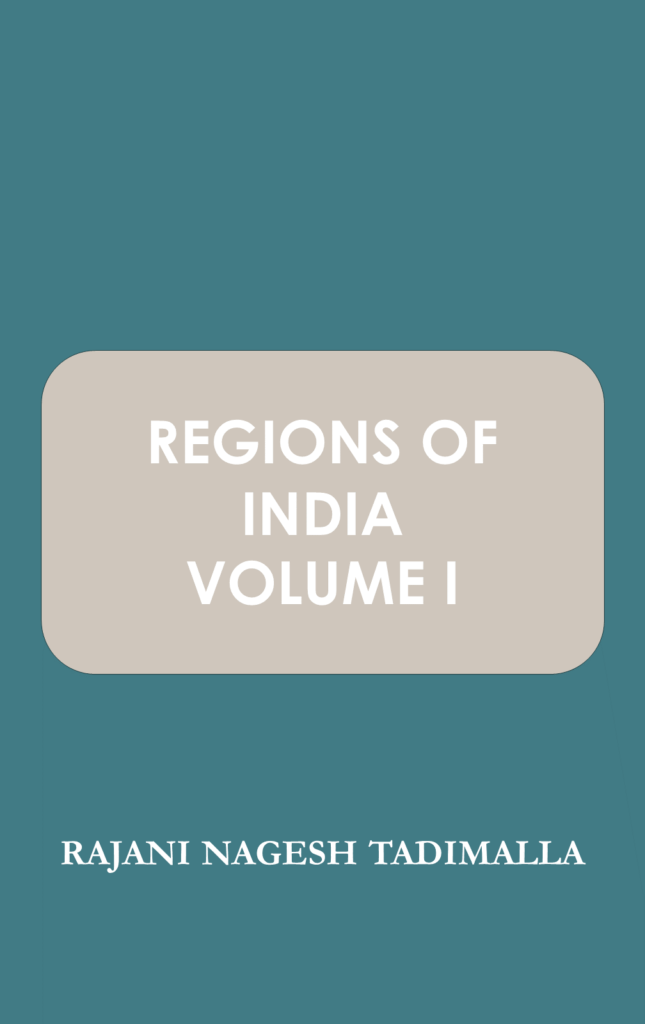
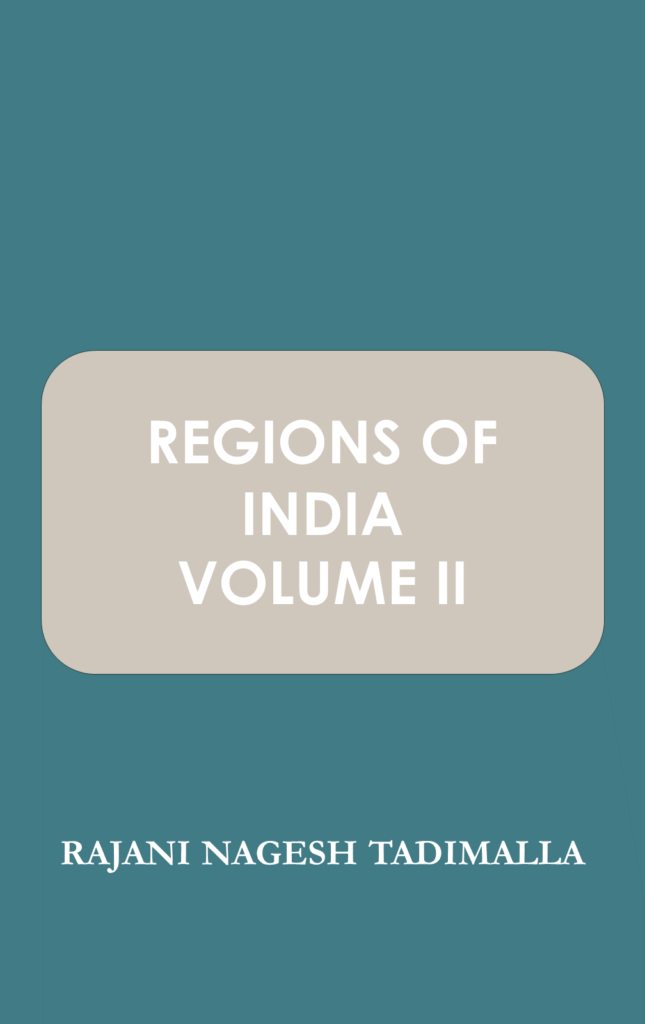
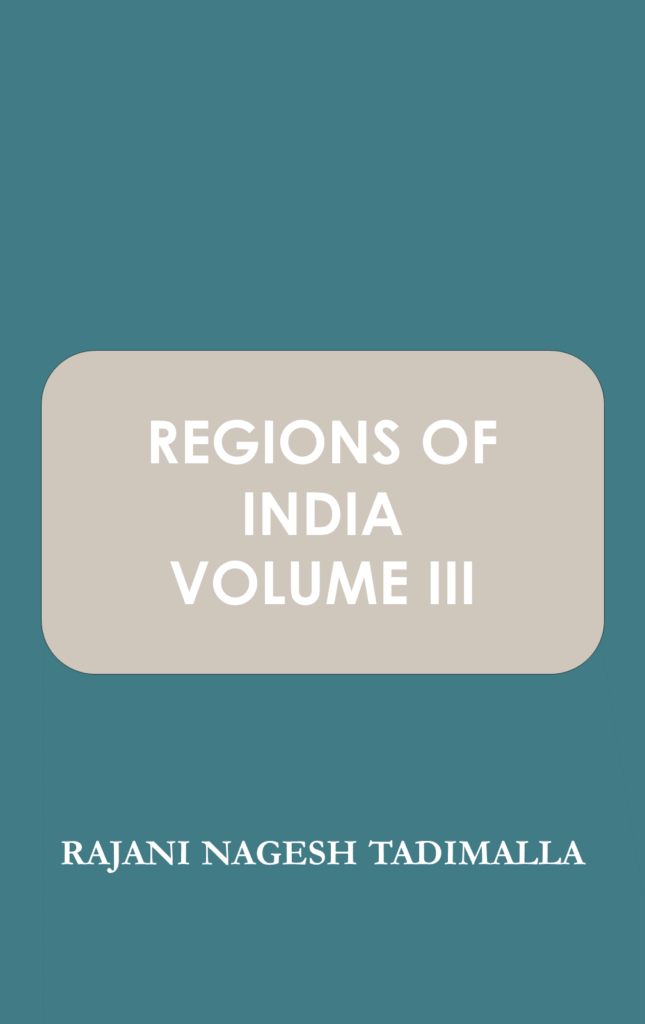
ప్రపంచం दुनिया World
There are five continents. ‘Regions of the World’ in five Volumes will cover various aspects. These volumes replace the earlier title ‘Africa and the Middle East’, which will be now covered in Volume I and Volume III respectively. Instead of a separate title ‘The Road Ahead’ mentioned earlier, all volumes will have a chapter with a similar title.
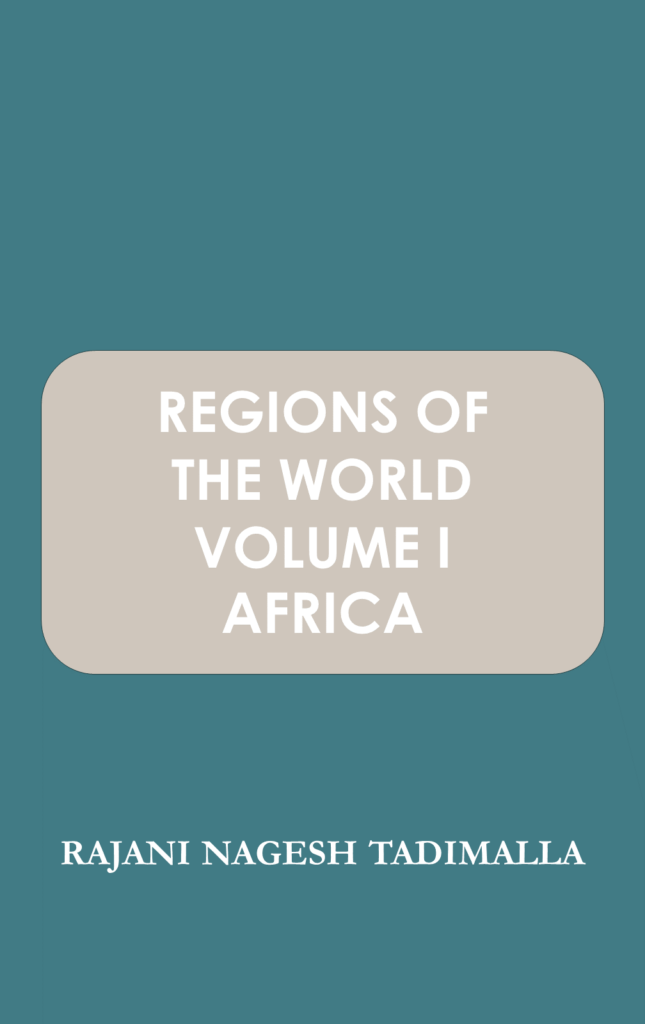
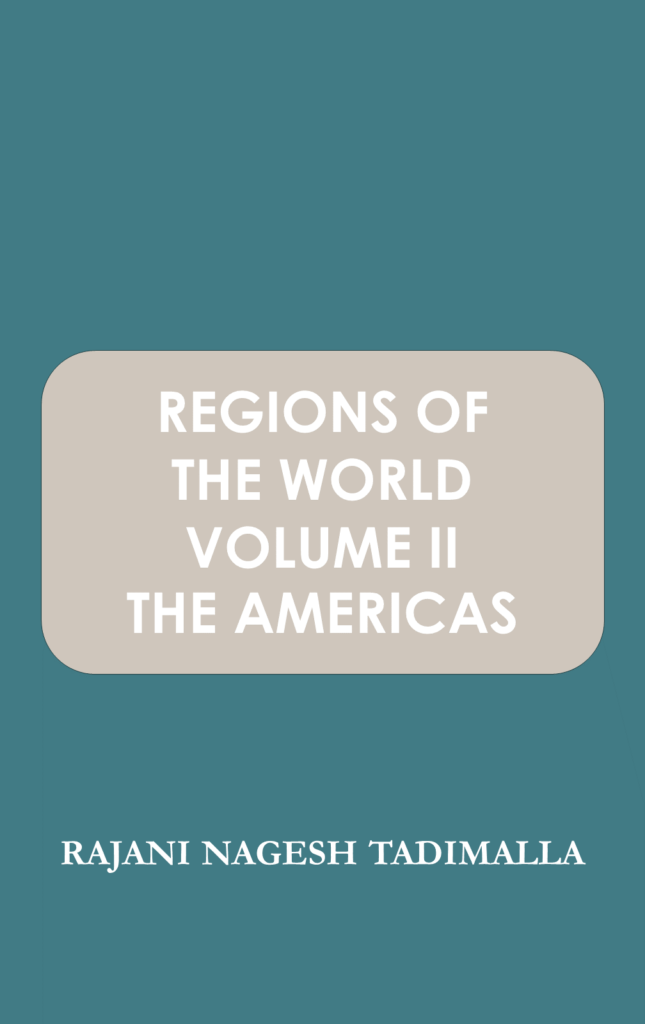
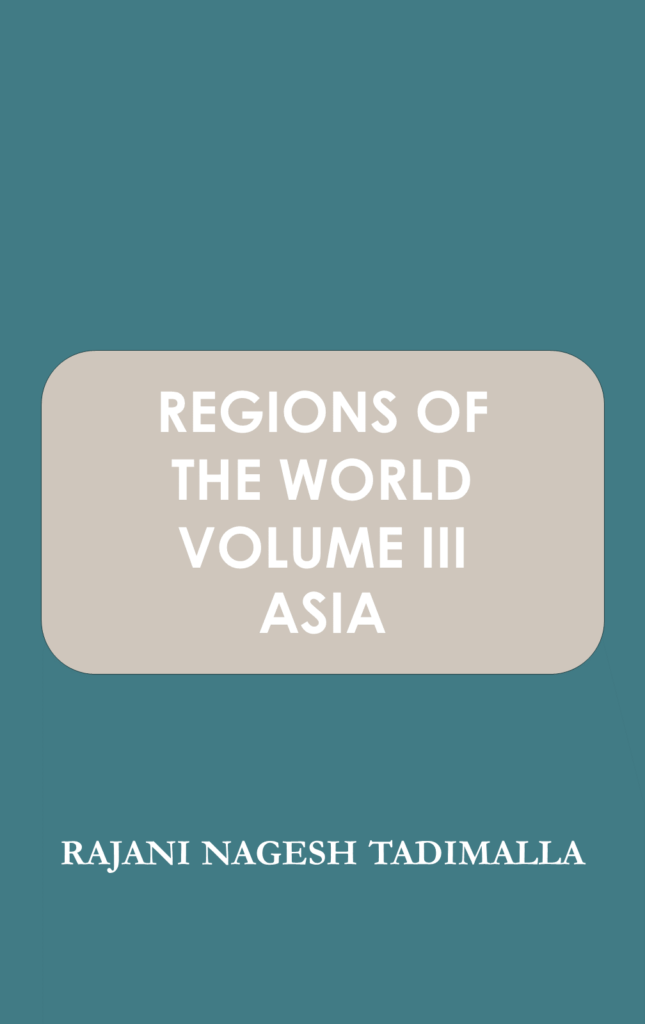

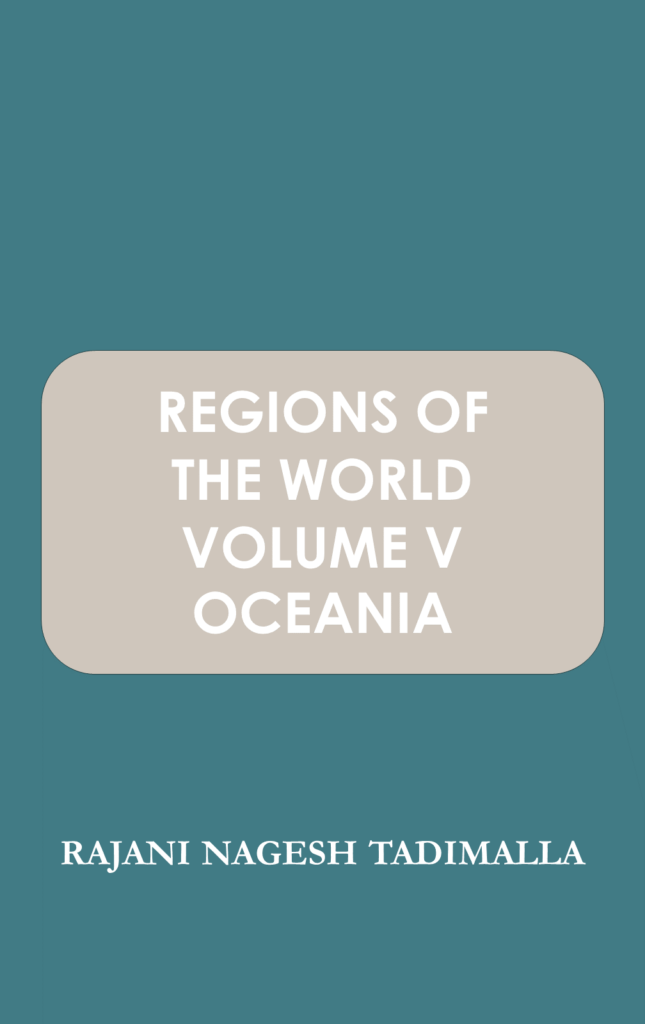
ప్రజాదనము लोक वित्त Public Finance
An important aspect of public finance management is microeconomic stability. This section will cover various aspects that are integral to the public finance management.
న్యాయ మరియు రాజకీయ శాస్త్రములు कानून और राजनीति विज्ञान Law and Political Sciences
Rebooting Civilisation (Added on 16th November 2024), a comprehensive work on disarmament.
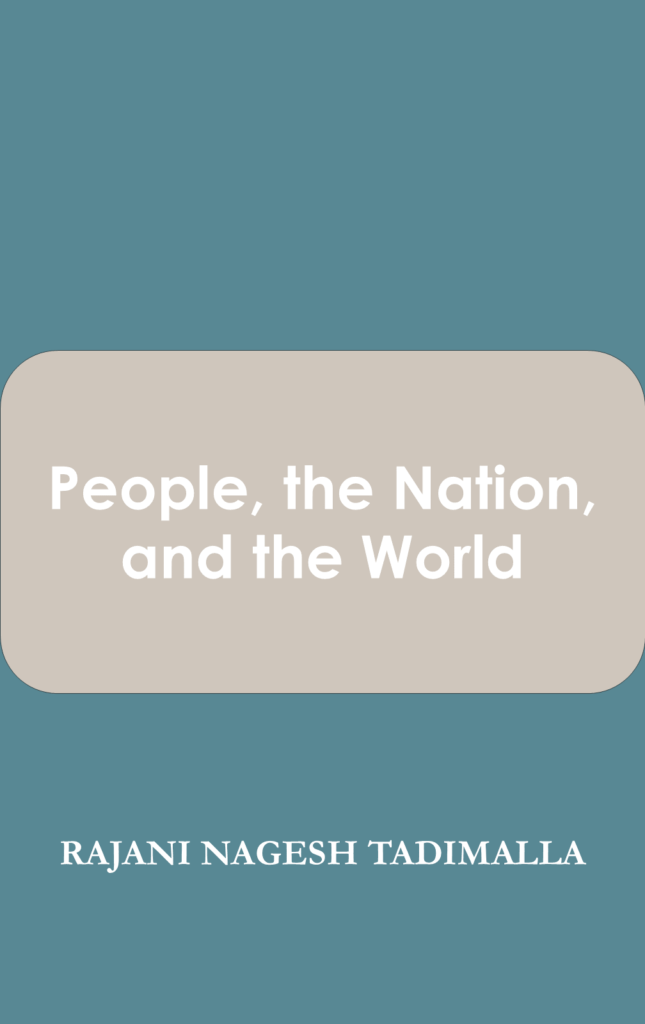
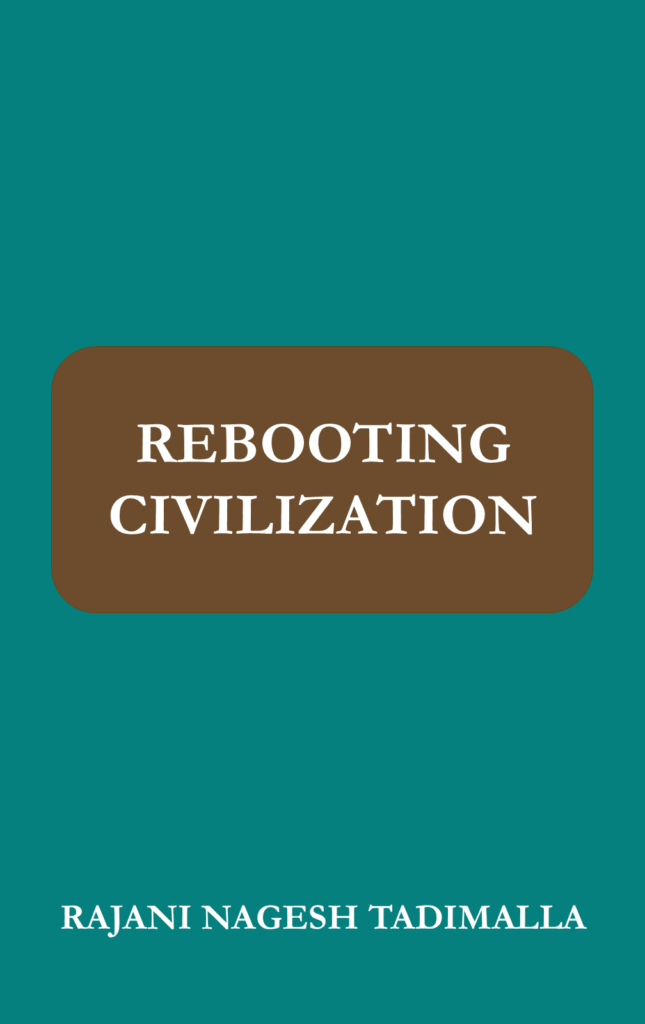
నిర్వహణ प्रबंधन Management
From a general perspective, people manage many aspects of the daily life. From an academic and higher education perspective, the subject management broadly includes concept, theory, application, organisational behaviour, entrepreneurship, accounting, budgeting, financial analysis and management, finance, valuation, banking, institutional finance, role of government, statistics, probability, correlation and regression analysis, sampling, big data, data warehousing, data mining, ethics, corporate governance, human resource management, international human resource management, employee engagement and work-life balance, consumer behaviour, material management, quality management, logistics, supply chain management, strategic management, managerial economics, operations research, international trade, international finance, multilateral treaties, agreements, and regulations, national income, foreign exchange, balance of payments, management systems, information technology, emerging technologies, and change management amongst others. Many subject books are available for studies. The term broadly is highlighted and important because management is all-pervasive. To those who are not aware, ‘management is all-pervasive’ is a characteristic that one can find mention in the introductory chapter of management books. Hence, the question again is what can I contribute? The answer is that the endeavour here is to come up with works that are valuable to all of humanity.
By definition, small nations include countries wherein population is less than 1.5 million. The title will be renamed as National Incomes: Status and the Way forward for the Small Nations’
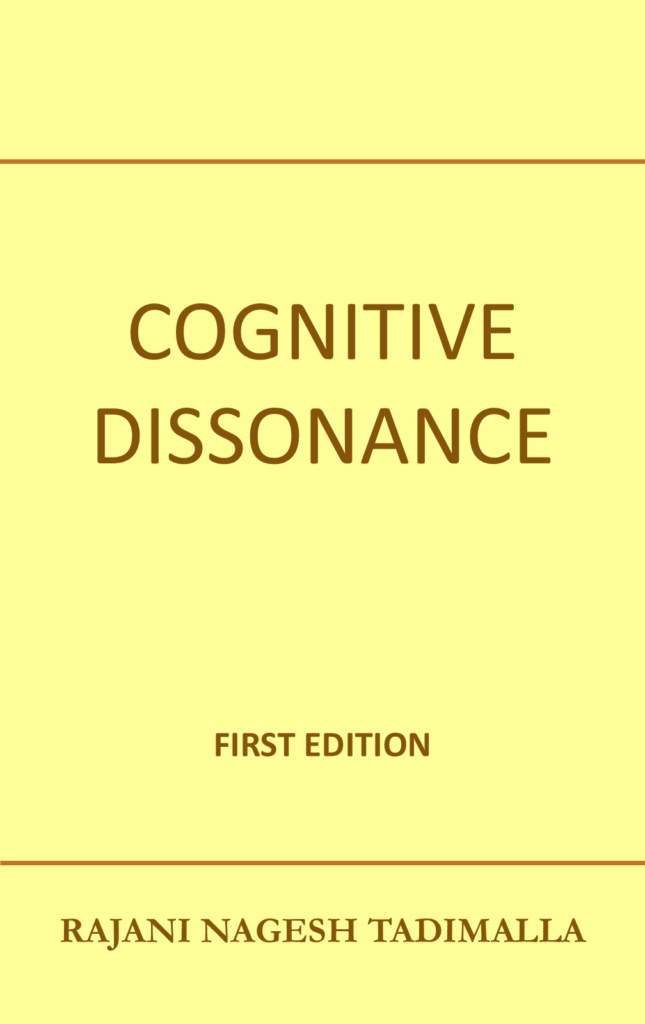
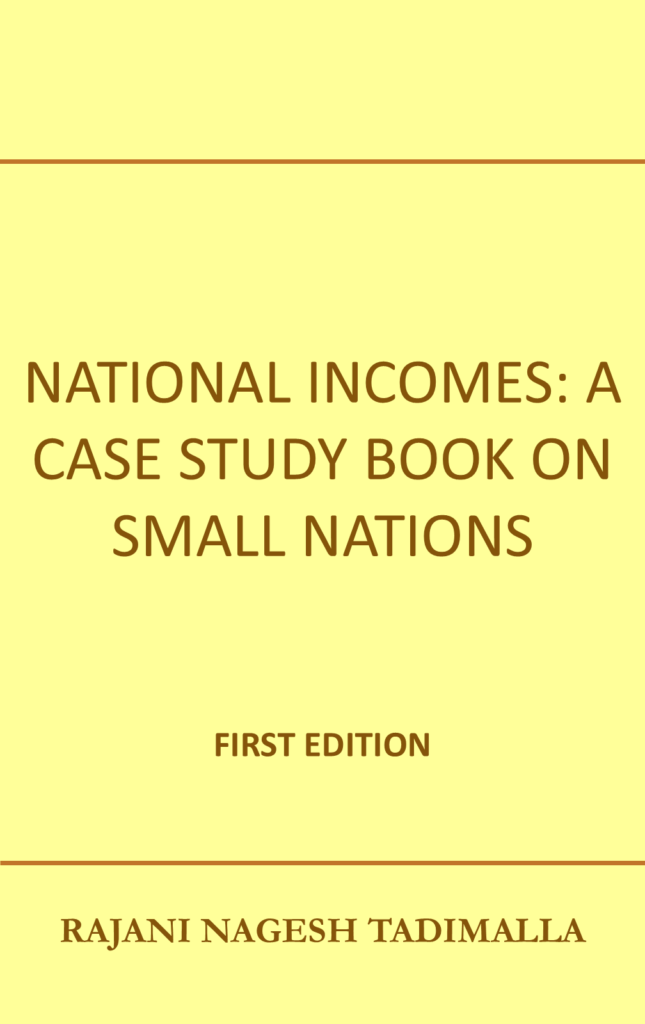
సామాజిక శాస్త్రం समाज शास्त्र Sociology
A few weeks ago I conveyed a message for a day on stereotyping on the header ticker. Yet I never thought I will have to write a book. The world is dealing with a serious crisis of stereotyping. (16th November 2024)
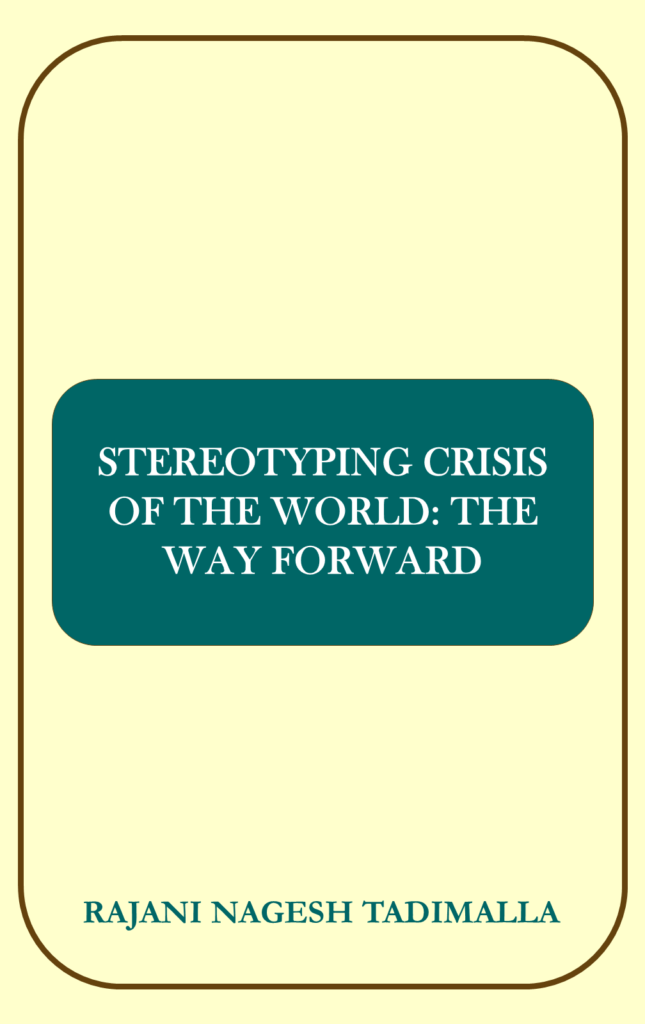
మానవీయ శాస్త్రములు मानविकी Humanities
Humanities include art, culture, history, literature, linguistics, lexicography, philosophy, and religious studies.
చరిత్ర మరియు చారిత్రక అధ్యయనాలు इतिहास और ऐतिहासिक अध्ययन History and Historical Studies
This was and is one of the most interesting areas of interest. Historical studies have evolved over various centuries. Every field has a history so one will find references to history as well as to the future in most fields that I have endeavoured to write. Here the focus is on civilisations.


సాహిత్యం మరియు సాహిత్య అధ్యయనాలు साहित्य और साहित्यिक अध्ययन Literature and Literary Studies

భాషాశాస్త్రం మరియు భాషలు भाषाविज्ञान और भाषाएँ Linguistics and Languages
Linguistics refers to the study of languages. There are various aspects such as syntax (rules), morphology (form), phonology and phonetics (sounds), semantics (meanings), and pragmatics (use). There are numerous language families. Language families are further classified into various categories. The naming of language families evolves with research in linguistics. Pronunciation of some familiar alphabets may differ in various languages. Sign languages have an important place. According to WHO five percent of the global population face hearing challenges. Some good news for linguists, researchers, multilinguals, and language enthusiasts: The number of classical languages in India now stand at 11 after the October 2024 inclusion of five more languages (Assamese, Bengali, Pali, Prakrit, and Marathi. The earlier recognized classical languages include Kannada, Malayalam, Odia, Sanskrit, Tamil, and Telugu). Further, seven writing systems namely, Kirat Rai (used for Bantawa language spoken in Sikkim and Nepal), Ol Onal (used for Bhumij language, an Austroasiatic language spoken in eastern India), Sunuwar (used for Sunuwar language spoken in Sikkim and Nepal), Gurung Khema writing system (used for Gurung language, a Sino-Tibetan language spoken in Nepal), Tulu-Tigalari (used for Tulu language, a Dravidian language spoken in Karnataka and the writing script is known to have been in use in South India since ancient times), Todhri (used for writing the Albanian language, an Indo-European language), and Garay (used for Wolof, a Niger-Congo language spoken in Senegal) have been included in Unicode Standard, Version 16.0.0 as announced in September 2024.




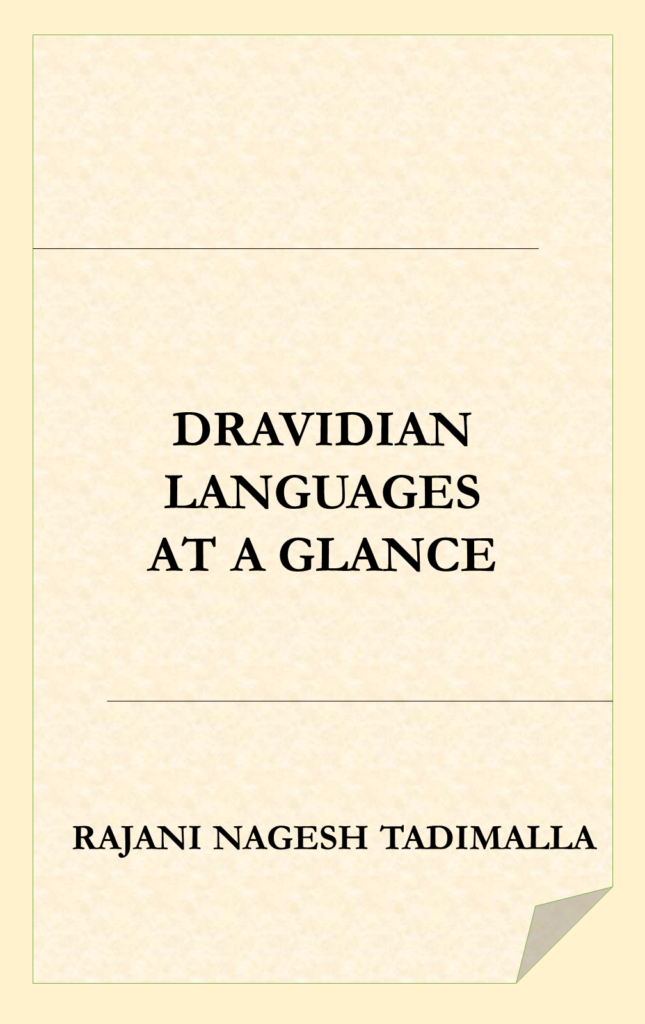
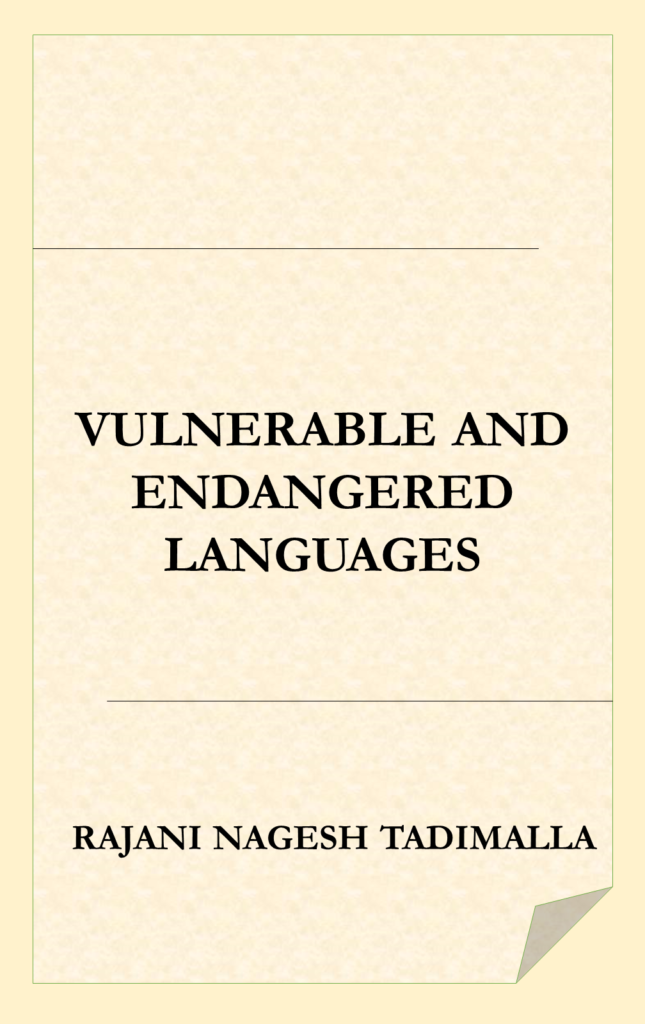


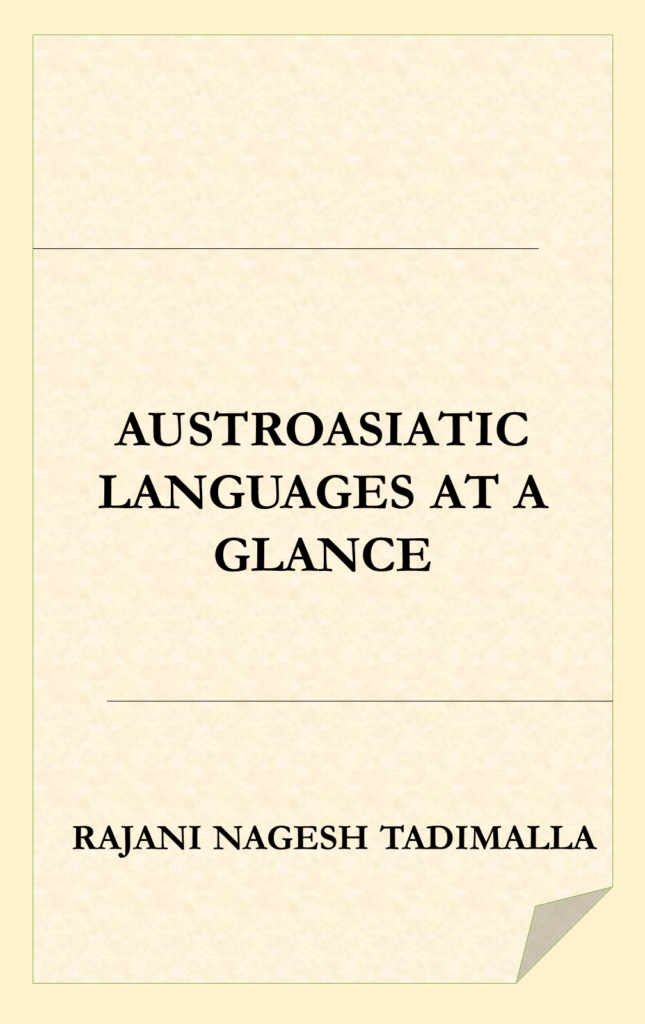
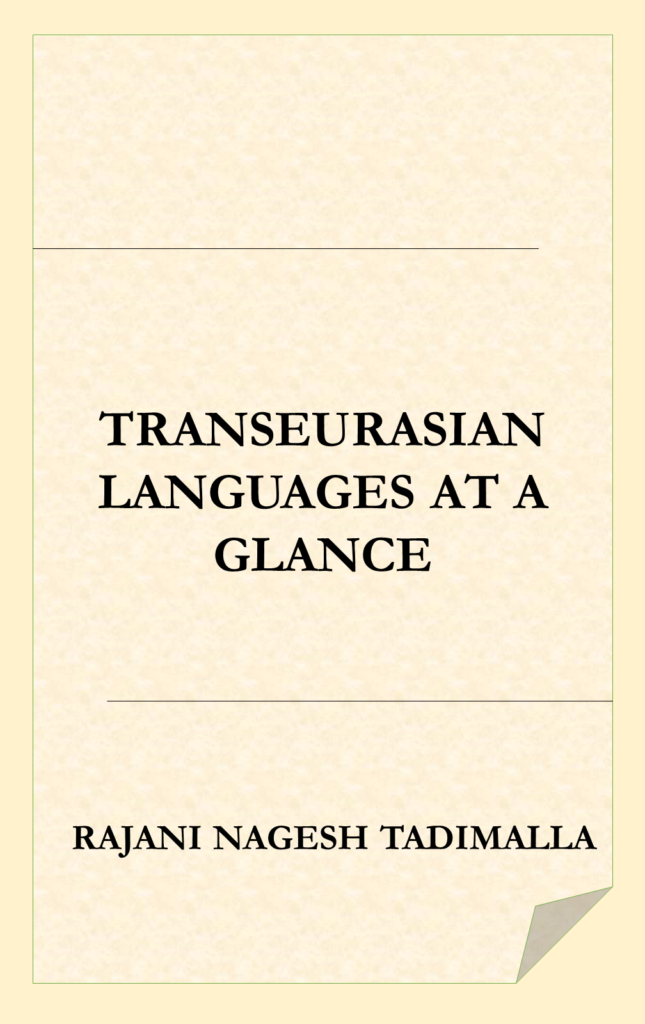

నిఘంటువులు शब्दकोश Dictionaries
Telugu Dictionary, First Edition and Chhattisgarhi to Telugu Dictionary have been moved to the Mother Tongue Junction.
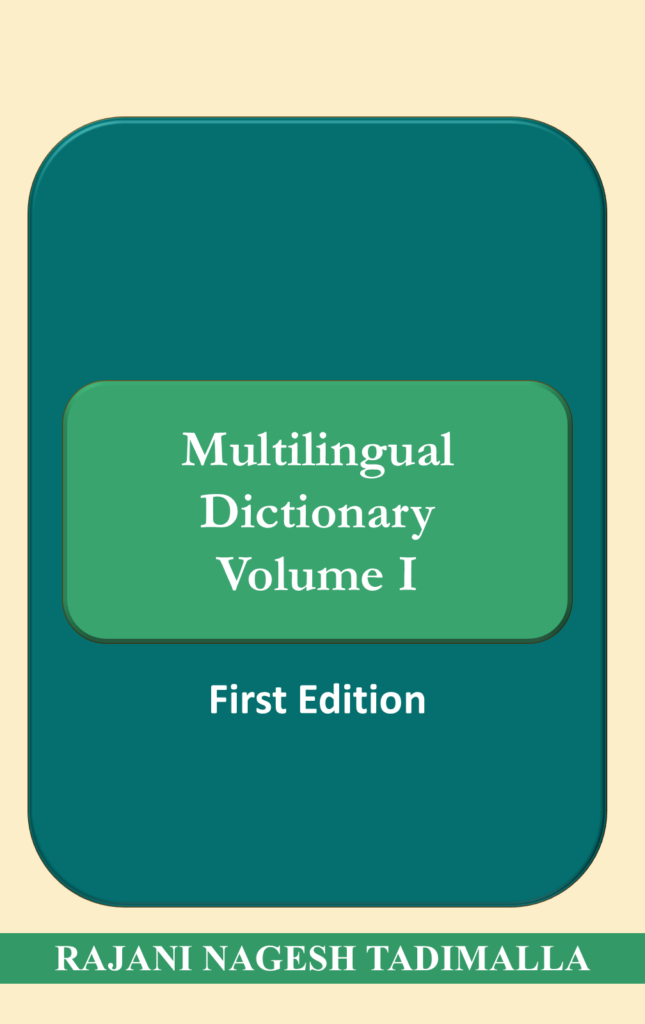
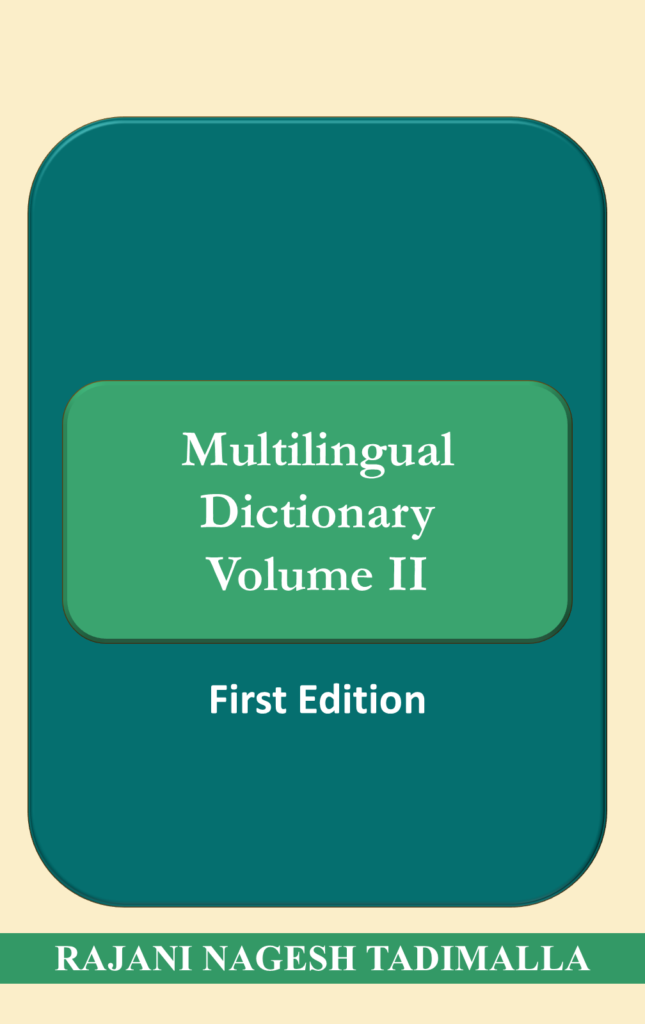
తత్వశాస్త్రం दर्शनशास्त्र Philosophy
Synchronicities (Tentative title) and Indian Schools of Philosophy (Tentative Title)
బౌద్ధ అధ్యయనాలు बौद्ध अध्ययन Buddhist Studies
Insights into Buddhism in Asia (Tentative Title)
వ్యాసాలు निबंध Essays



స్వయం సహాయక మరియు అభ్యసన మార్గదర్శకాలు Self-help and Learning Guides
పిల్లల పుస్తకాలు Children’s Nonfiction
ప్రసంగాలు Speeches
Speeches can be topic specific, motivational, or inspirational. Speeches can be prepared or impromptu.
ముఖా ముఖి సమావేశం Interview(s)
Interviews can be title specific, motivational, or inspirational.

